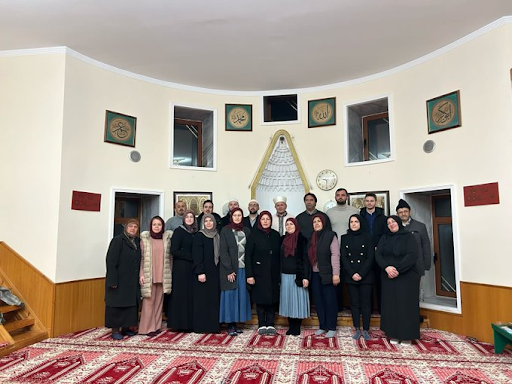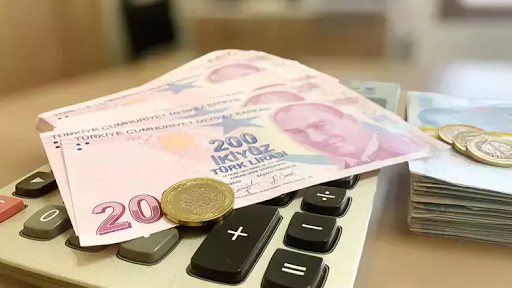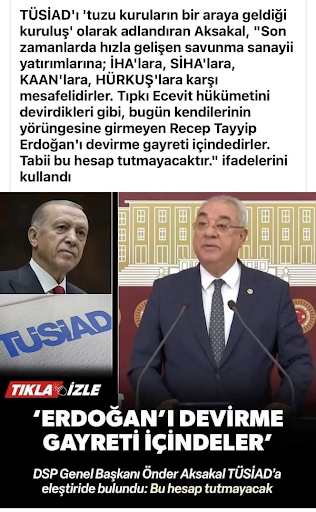Turkey’s Inflation Rate Drops to 39.05% Annually in February
Turkey’s Consumer Price Index (CPI) for February revealed a monthly inflation rate of 2.27%, while the annual inflation rate declined to 39.05%, according to data released by the Turkish Statistical Institute (TÜİK). The figures indicate a slight easing in inflationary pressures compared to previous months, though challenges remain in key sectors.
Key Highlights of February Inflation Data
Monthly CPI Change: 2.27% (February 2024 compared to January 2024)
Annual CPI Change: 39.05% (February 2024 compared to February 2023)
12-Month Average CPI Change: 53.83%
The data also showed that the education sector experienced the highest annual price increase at 94.90%, reflecting rising costs in educational services. In contrast, the clothing and footwear sector saw the lowest annual increase at 20.84%. On a monthly basis, clothing and footwear prices decreased by 5.06%, while education costs surged by 9.92%.
Core Inflation and Key Sectors
Excluding unprocessed food, energy, alcoholic beverages, tobacco, and gold, the core CPI increased by 2.32% month-on-month and 39.47% year-on-year. The 12-month average for core inflation stood at 53.40%.
Analysis and Implications
The decline in annual inflation from previous highs suggests some stabilization in prices, but the persistently high rates in sectors like education and core inflation indicate ongoing economic challenges. The sharp rise in education costs highlights the financial burden on households, particularly those with children in school.
Economists attribute the easing inflation to tighter monetary policies and base effects from the previous year. However, the high 12-month average inflation rate of 53.83% underscores the need for continued efforts to stabilize prices and restore consumer confidence.
Government Response and Outlook
The Turkish government has been implementing measures to curb inflation, including interest rate hikes and fiscal tightening. While the February data shows some progress, policymakers remain cautious, as external factors such as global energy prices and exchange rate volatility continue to pose risks.
The significant monthly increase in education costs has sparked public concern, with calls for targeted interventions to alleviate the burden on families. Meanwhile, the decline in clothing and footwear prices offers some relief to consumers, though it remains to be seen whether this trend will continue in the coming months.
Conclusion
While the February inflation data indicates a modest improvement, Turkey’s economy still faces significant inflationary pressures. The government’s focus on stabilizing prices and addressing sector-specific challenges will be critical in the months ahead. As households and businesses navigate these economic conditions, the path to sustained price stability remains a key priority for policymakers.













